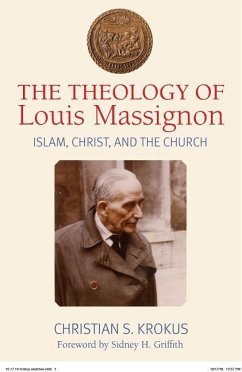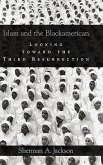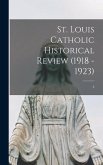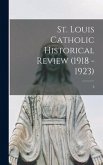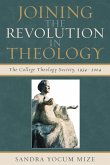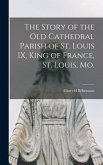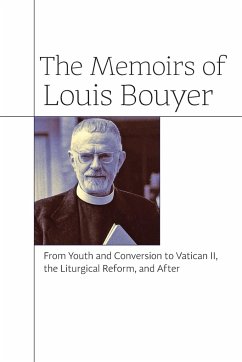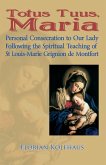Anticipating the vision of Nostra Aetate, Louis Massignon (1883-1962) imagined and worked toward a revolution in the relationship between Muslims and Christians, from one poisoned by fear and rivalry to one rooted in mutual understanding and fraternal correction. His lifelong study of the Qur'an, Muhammad, Arabic, Sufism, and the Muslim mystic and martyr al-Hallâj (858-922), who was executed by crucifixion for having publicly claimed union with God, grounded Massignon's conviction that there was a Christological nexus between the two religions. His founding of the Badaliya sodality with Mary Kahil (1889-1979) sought to bring Christians and Muslims together in prayer and substitutive love, and his writings and personal contacts helped to form the views of the men who would eventually draft the statements on Muslims at the Second Vatican Council. For all those reasons and more Massignon has been called "the single most influential figure [in the 20th century] in regard to the Church's relationship with Islam," and his approach has only become more important in the decades since his passing. In The Theology of Louis Massignon, author Christian Krokus argues that Massignon's achievements in Christian-Muslim understanding, his activism on behalf of Muslim immigrants, refugees, and Middle Eastern Christians, as well as his developing understanding of Islam must be understood in the light of his Catholic convictions in relation to God, Christ, and the Church. With ample references to primary works, many translated into English for the first time, Krokus offers a comprehensive account of the main points of Massignon's religious thought that will prove essential to theologians and historians working on questions of Christian-Muslim dialogue, comparative theology, and religious pluralism. As global tensions between Christians and Muslims rise, the learned, religious, and humanizing vision of Louis Massignon is urgently needed.
Hinweis: Dieser Artikel kann nur an eine deutsche Lieferadresse ausgeliefert werden.
Hinweis: Dieser Artikel kann nur an eine deutsche Lieferadresse ausgeliefert werden.

